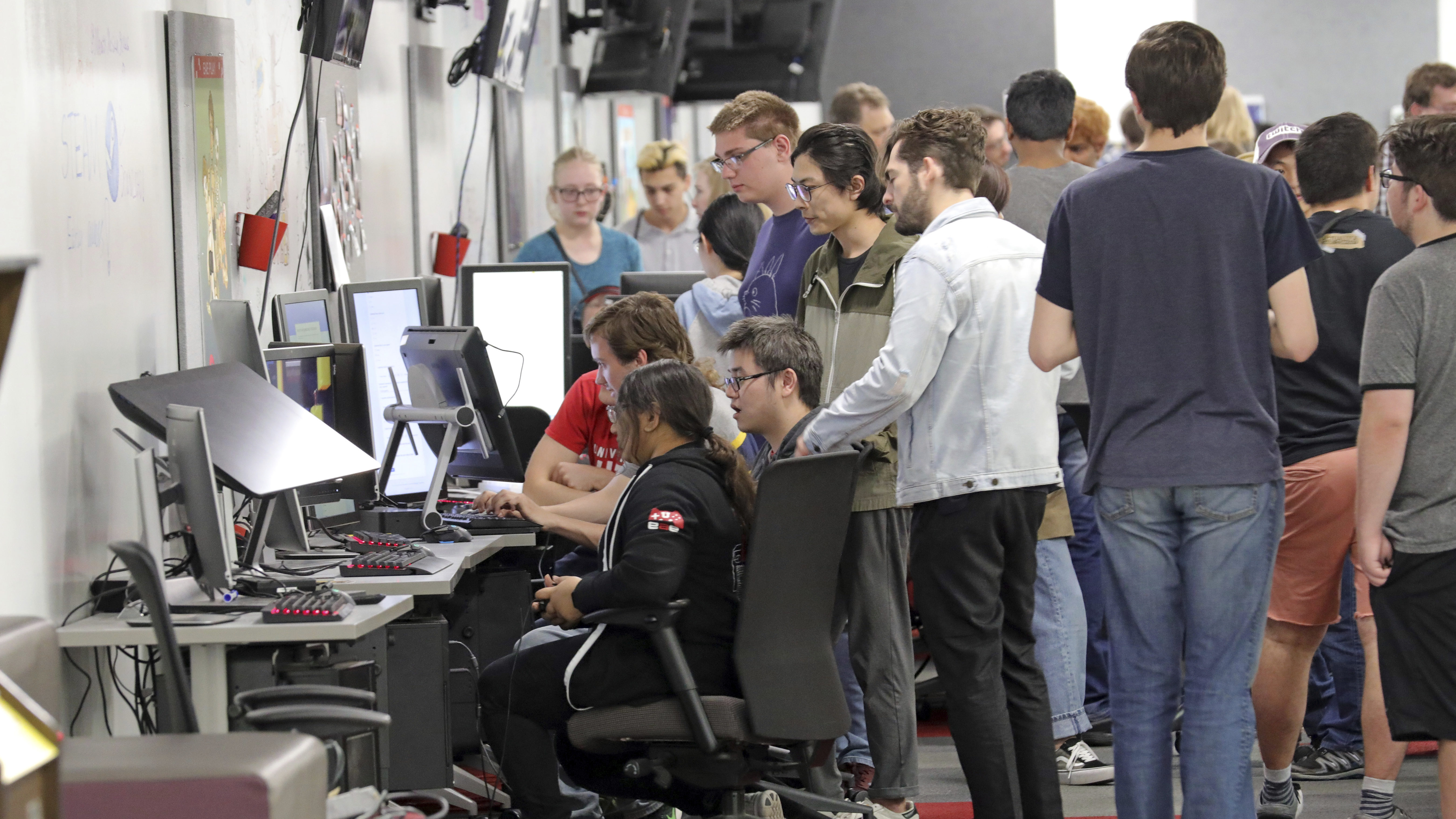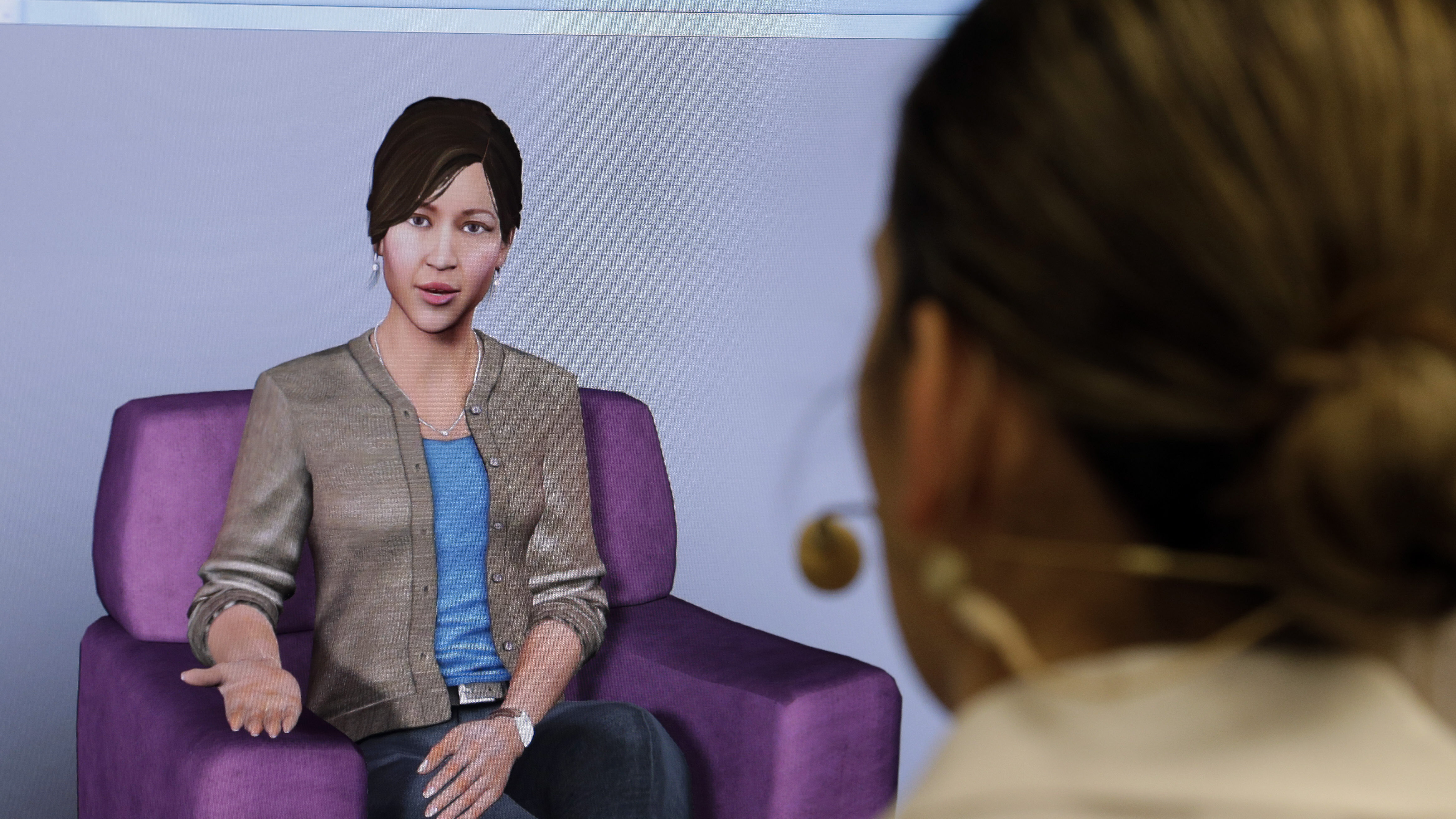Can video games relieve depression in older adults? University of Utah study to find out.
Jan 3, 2022, 4:03 PM

FILE: People play new video games during the Entertainment Arts and Engineering Program Launch event at the Master Games Studio on the University of Utah campus Wednesday, April 24, 2019, in Salt Lake City. (AP Photo/Rick Bowmer)
(AP Photo/Rick Bowmer)
SALT LAKE CITY — Could playing video games help with depression in older adults when medication doesn’t seem to work?
Researchers at the University of Utah received a five-year, $7.5-million grant from the National Institute of Mental Health to determine whether therapy like video games can help alleviate depression in adults ages 60-85.
Ask the expert about depression in older adults
Sarah Morimoto, PsyD., lead the new clinical trial and is an associate professor of population health sciences at University of Utah Health.
She said the study is looking to confirm previous studies’ findings that intervention does a good job at treating depression in older adults who did not fully benefit from antidepressant medication. That may be happening because parts of the brain don’t function as well because the brain is, well, older.
In previous research, scientists found that 60% to 70% of older patients who were unable to benefit from antidepressant meds and who played specially designed video games reported a 50% decline in depressive symptoms in 30 days, according to U of U Health.
Computer programs can be individualized
“We design the intervention with certain algorithms that can adjust the speed and difficulty level to match the patient’s current functioning,” Morimoto said. “Our thought is that maximizes the ability to learn new things in the brain and then change.”
She said the patients in the study are fully remote, can do the treatment from home, and be monitored by their doctor.
“So the doctor could just check in if they had any technical difficulties or difficulties with motivating to do the treatment,” Morimoto said.
The University of Connecticut will also participate in the multisite study.
The researchers are recruiting 250 volunteers, from age 60-85, to participate in the study and who still feel depressed after receiving treatment for their illness.
To learn more about participating in the clinical trial, call 801-746-9588.













